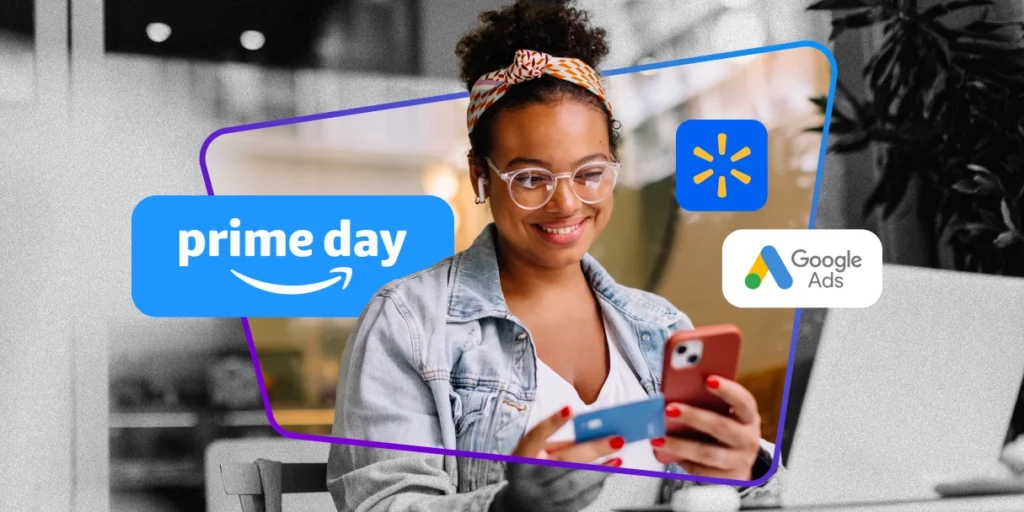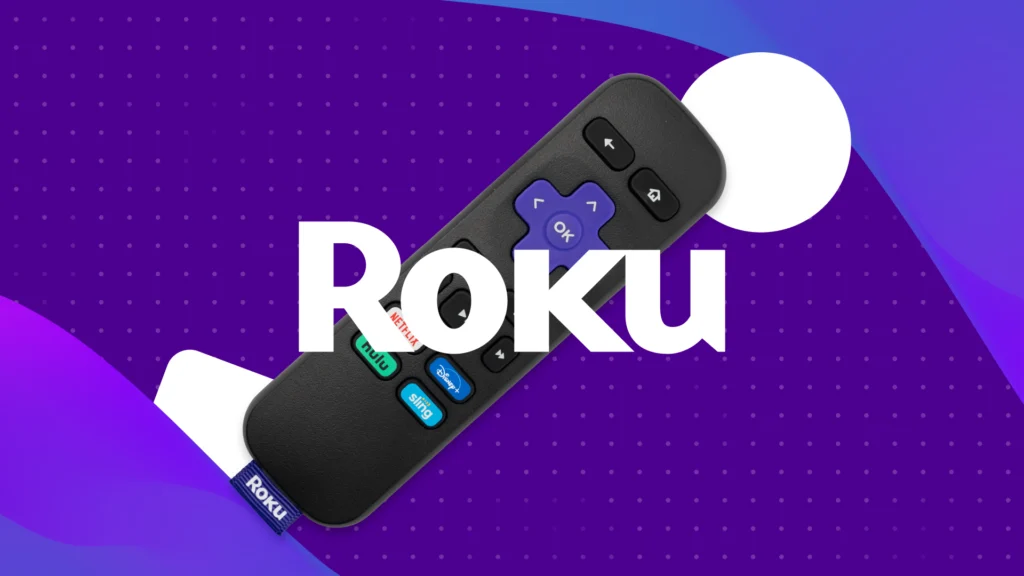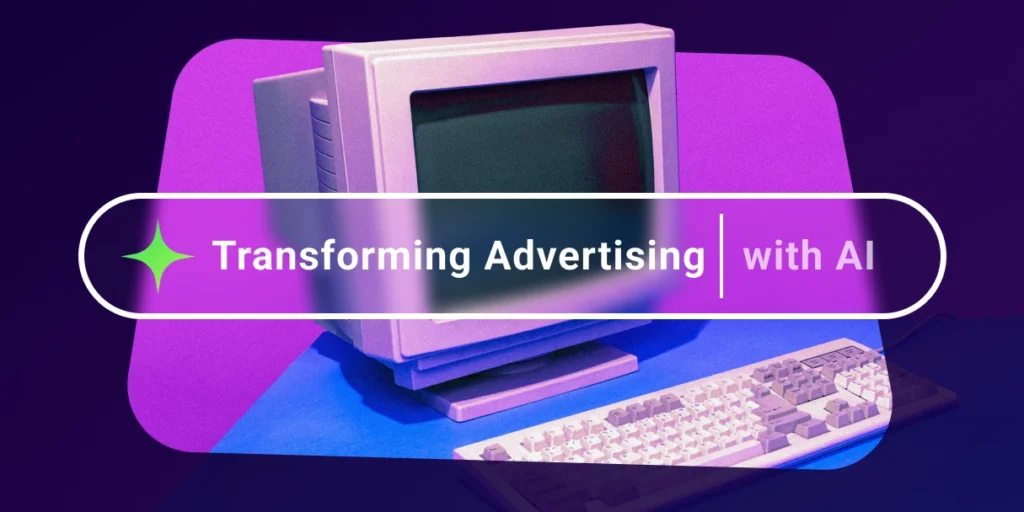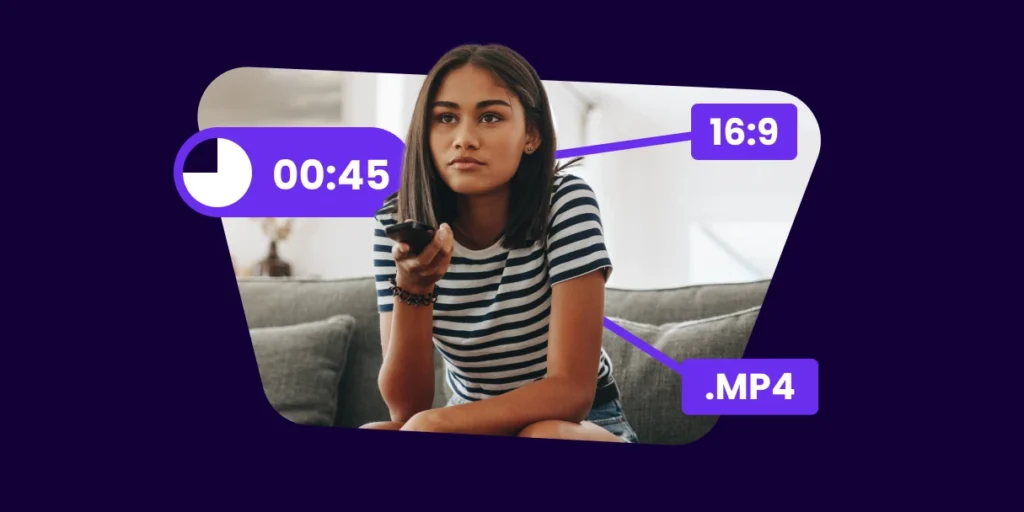On June 4th our BING reps informed us of an upcoming change to how marketers can target devices to fully align with Google’s Enhanced Campaign changes. Up until now, BING has taken a hard stance despite the release of enhanced campaigns by Google last year opting to giving advertisers the flexibility and freedom in selecting which devices to target. As David Pann (GM of Search at BING) stated in his blog post in April last year, “At Bing Ads, we believe very strongly in giving advertisers the tools and flexibility to control their spending, target the most relevant audiences, and ensure they can get the best return on investment. We do not believe bundling mobile, desktop and tablet advertising together in an opaque manner is in the best interests of our customers.”
Unfortunately it looks like BING is now second-guessing this decision. Starting in September 2014, BING will begin lumping tablet with desktop eliminating the ability for advertisers to target campaigns by devices. By January 2015 they plan to be fully integrated with Google Enhanced Campaign eliminating the ability to target mobile separately and lumping them in with desktop/tablet parent campaigns relying on bid modifiers. Full details of the transition can be found here on their blog.

The change is a little bit baffling to us marketers. On one end we can see this making life a lot easier for the more basic advertisers. It also will help generate much more revenue for BING as a whole just like it did for Google as many advertisers currently opt to not target tablet at all. This switch will effectively make targeting “tablets” a requirement.
However for advanced marketers with unique goals for mobile vs desktop this will become a bigger hindrance than positive gain. A few examples pop out at me immediately:
- Web vs. Mobile App: We are seeing a rise in advertisers whom are opting to drive Tablet & Mobile users to their APP experience instead of a web centric experience. By lumping in “tablet” with desktop this puts a major hurdle in front of advertisers who want to optimize tablet/mobile as the same opportunity set. Right now the performance we are seeing for advertisers whom have been forced to serve tablet with desktop despite not having the optimal experience in place is quite atrocious. CPAs are coming in nearly 10x higher than desktop as the tablet experience is set for a completely different type of engagement than that of desktop visits.
- The Tablet Experience: expect to see overall CPCs and CPA increase/ROI decreases with this change in targeting. Tablet being forced to serve just like desktop means little to no control at all. Rather advertisers will now be FORCED to serve for both devices whether they like it or not. Solid win for BING but big loss for advertisers as CPCs will be increasing across the board with the increased competition in play.
- Tackling Mobile App Promotions: BING has always been a little bit slower in terms of new product adoption and enhancements than Google. Supporting mobile app promotion campaigns via search is one example of this. By switching to an enhanced campaign format – major concerns begin to rise in regards to how advertisers can effectively use search to promote their mobile applications. We are seeing Google encounter this challenge currently and have (whether they like to officially admit it or not) already begun to take a few steps back from the full one campaign to rule them all philosophy. This is most evident with the roll out of Mobile App Install Ads which ultimately will allow us to create “mobile/tablet” specific campaigns that are app-centric. Up until now, no major releases or news has been shared by BING regarding how they plan to address search campaigns that are app centric but here’s to hoping they come up with a solution quickly!
Politics in Play?
Not only is this change in stance a step backwards from their initial statement & direction, the whole switch seems to be a “defensive” move on Bing’s end to protect their search market share ironically from their “alliance partners” Yahoo. As most know, Yahoo made a major power move earlier this year announcing Yahoo Gemini to the world courtesy of a legal loophole found by Marissa & company. This loophole in the YSM-MSN alliance contract gave them back control of Yahoo Search for all things defined as “mobile” which included tablets.
Perhaps I’m just a conspiracy geek here but is this Microsoft’s way of defending their turf and potentially gaining Yahoo’s tablet traffic back (as they now define tablet as desktop)? Much is to be seen on how this all plays out. Speaking with our Yahoo Agency reps we were informed that Yahoo Gemini will still allow mobile + tablet to be treated separately from desktop and targeted accordingly. Additionally, there are no immediate plans for Yahoo to follow suit with Google + MSN in redefining devices & targeting practices.
Conclusion
Putting politics and conspiracy theories aside, what is 100% set in stone is that MSN is now recanting their previous belief in giving advertiser the control and now following in Google’s footsteps adopting the same targeting capabilities that we currently see in adWords. I see this as a big loss for our clients & advertisers unless additional feature sets are released in addition to the targeting roll up. Time will only tell how things play out but as of right now advertisers are going to see their “control” limited by the powers that be.
You Might Be Interested In













